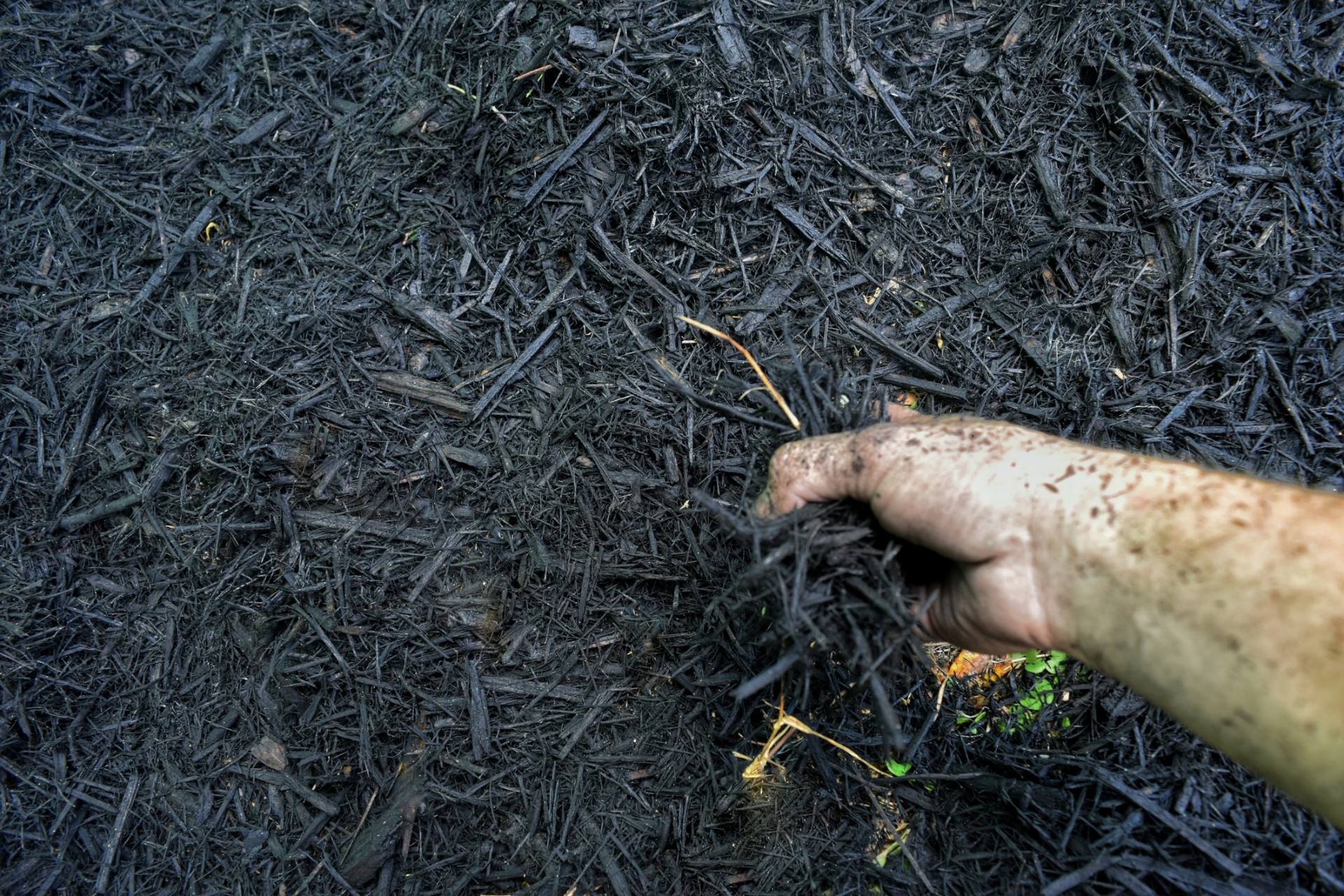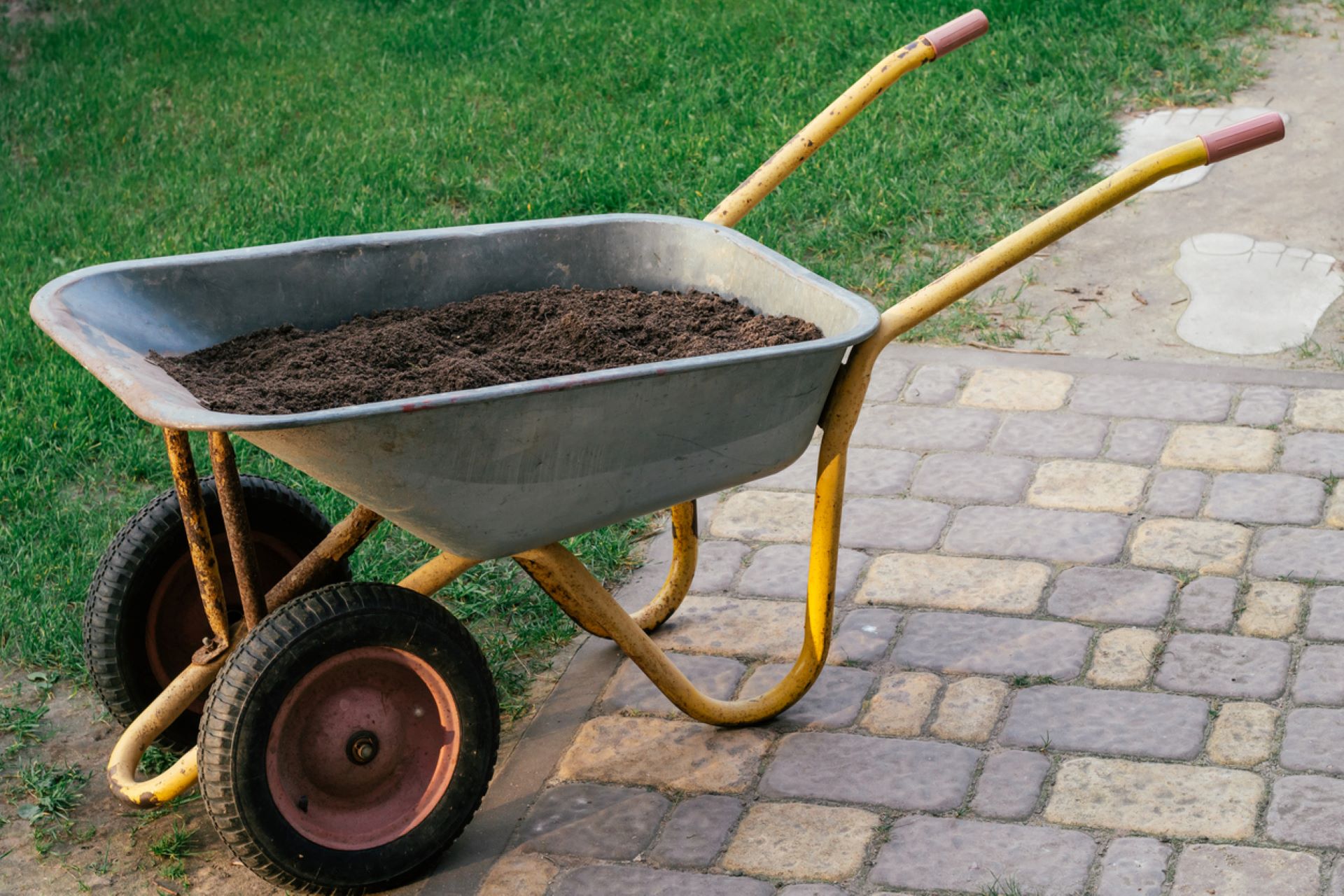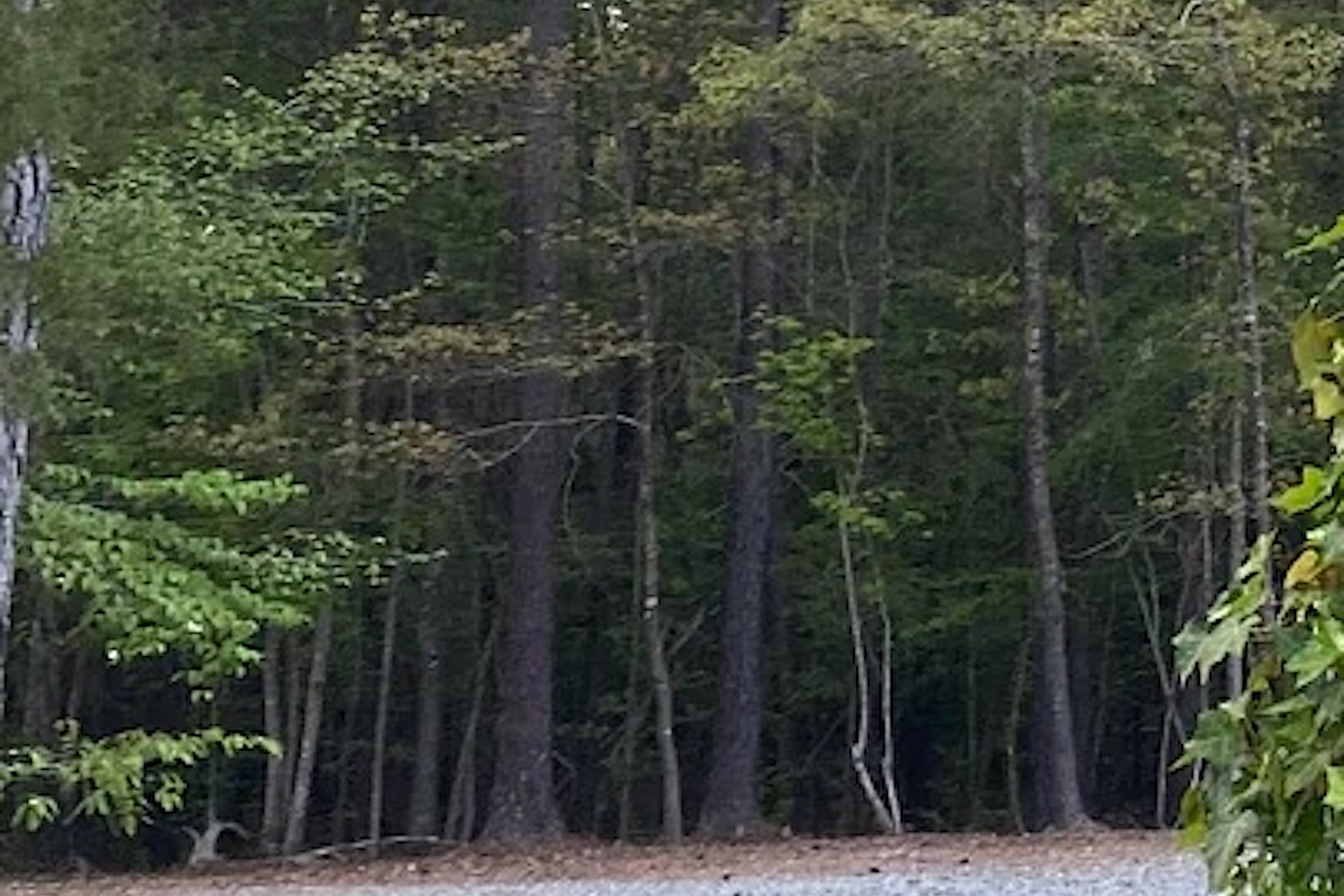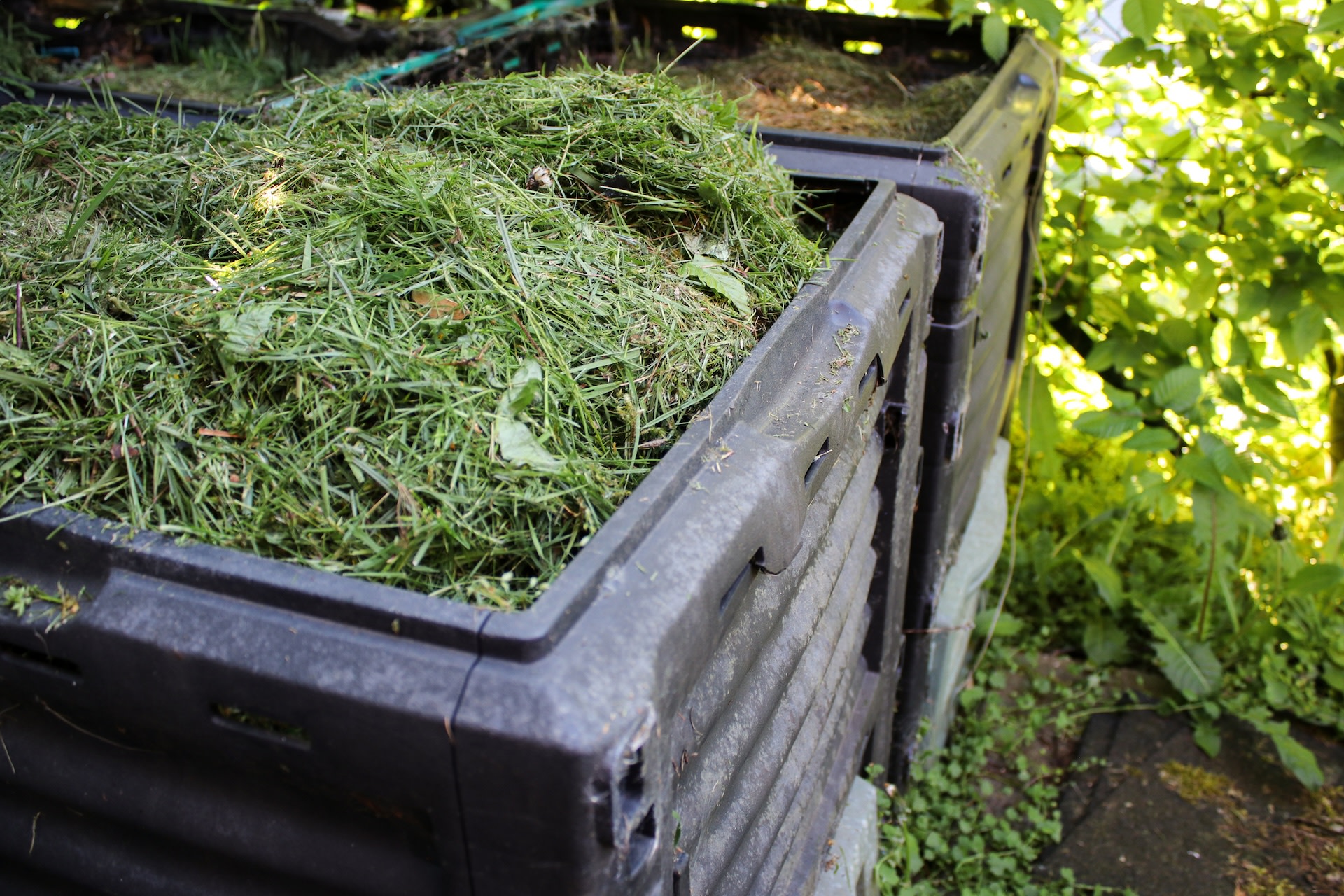Gardening is one of the most enjoyable ways to be eco-friendly. It can improve your mental and physical health, add value to your home, provide food for your household, and generally improve your life — not to mention helping to purify the air, preventing pollution, and even saving water if you replace some of your lawn. However, there is a learning curve.
Here are five tips to help you avoid common mistakes, save money, and get results quickly.
🗣️ How often will you be gardening this summer?
🔘 Every day 🥗
🔘 At least once a week 🥕
🔘 At least once a month 🌱
🔘 I don't garden 🚫
🗳️ Click your choice to see results and speak your mind

If you're going to landscape with grass, make sure it doesn't come with a plastic net inside or on top. While this feature is meant to hold the sod still while the roots get established, it leaves behind plastic trash that pollutes the ground. You'll have a harder time caring for the grass later or planting anything else in the area, and if you move away, future residents won't thank you for leaving this mess behind.

Some homeowners prefer dyed mulch to get a uniform color across their mulch beds. However, this is a mistake. Dyed mulch is usually made of recycled lumber, which may have been treated with a range of toxic chemicals. Those chemicals and the dye itself seep into the soil and damage your plants. They're especially dangerous for new, young plants that are more vulnerable. Not only that, but the toxins stay even if you remove the mulch later.
Instead, opt for a natural mulch that will break down and add nutrients to the soil.

If you're adding soil to your garden — for raised beds or to replace damaged unhealthy dirt — make sure you know what you're adding. Topsoil is plain, ordinary soil, while gardening mix has been enriched with fertilizer and also sand or grit to improve drainage. Ultimately, you can garden in either one, but topsoil will need more fertilizer, compost, and/or mulch added.

All kinds of plants can flourish in a healthy garden, but some can get out of hand — ultimately damaging other plants and structures and becoming almost impossible to remove. For example, English ivy is notorious for taking over spaces and can damage trees and buildings. Bamboo is another plant that spreads out of control, and kudzu is a nightmare scenario.
Do your research on any plant you want to add to your garden to make sure it won't become invasive.

Composting — with kitchen scraps, garden waste, and any other organic material you can add — will produce natural fertilizer worth its weight in gold. One popular method involves "hot composting," meaning that the material is breaking down so quickly that it actually generates heat. You may have to work a little to get this result, layering different types of material or mixing the compost. However, even if the pile doesn't get warm, it will still break down over time and generate healthy fertilizer for your garden.
Join our free newsletter for easy tips to save more and waste less, and don't miss this cool list of easy ways to help yourself while helping the planet.









